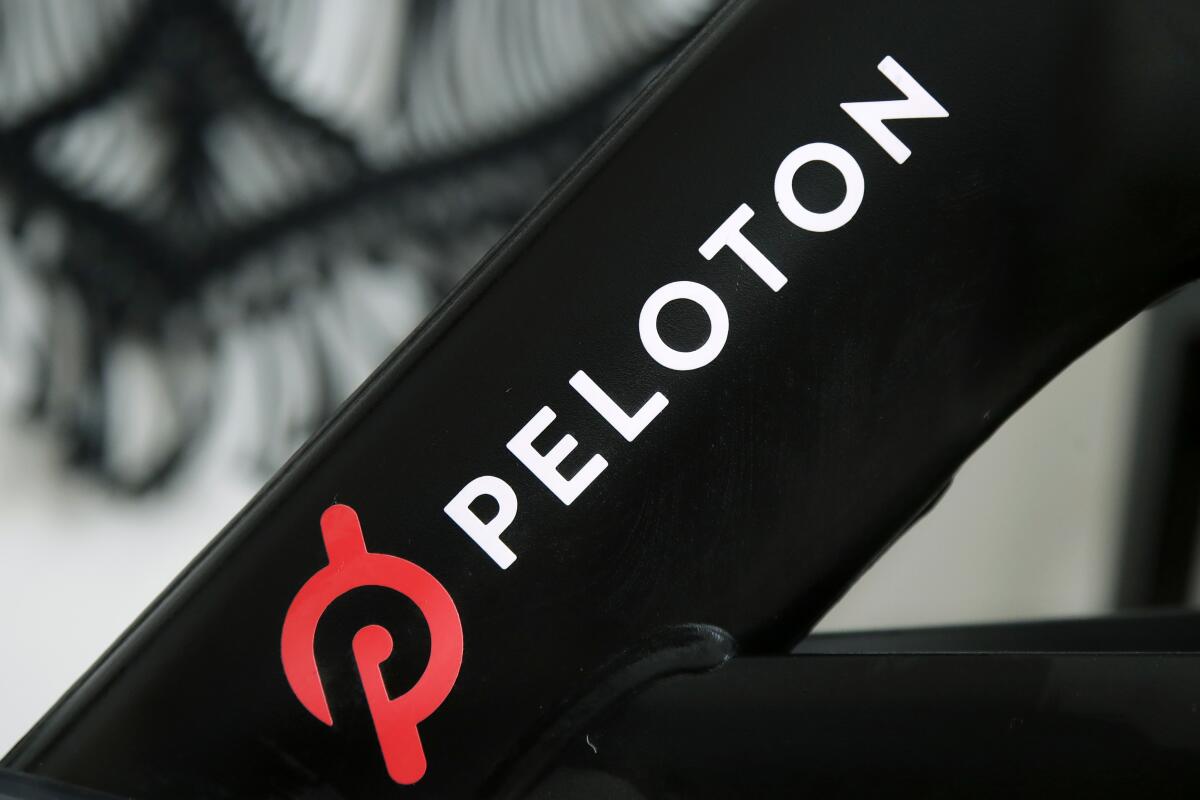As Peloton endeavors to navigate through a period of financial turbulence, private equity firms have emerged as potential saviors, contemplating a buyout that could pave the way for the company’s resurgence. Sources close to the matter have revealed to CNBC that discussions are underway between Peloton and multiple private equity entities, underscoring the growing interest in the fitness behemoth.
Peloton’s recent struggles, marked by 13 consecutive quarters of losses, have prompted the company to explore alternative avenues for revitalization. With mounting pressure from shareholders and investors, the prospect of privatization has gained traction as a viable solution to shield Peloton from the relentless scrutiny of public markets and facilitate a strategic turnaround.
While the specifics of private equity involvement remain shrouded in secrecy, Peloton’s proactive measures to trim operating expenses have not gone unnoticed. The company’s ambitious restructuring plan, aimed at slashing annual expenses by over $200 million by 2025, has garnered attention from potential investors seeking to capitalize on Peloton’s potential resurgence.
News of private equity interest has triggered a notable uptick in Peloton’s stock value, signaling renewed investor confidence in the company’s long-term prospects. However, uncertainties persist, with the outcome of negotiations hanging in the balance and Peloton’s future trajectory hinging on critical decisions in the coming months.
Key drivers behind private equity interest in Peloton include the company’s resilient subscription-based revenue model and expansive user base. Despite recent setbacks, Peloton remains a dominant force in the fitness industry, leveraging its digital platform and engaged community to maintain relevance in an ever-evolving market landscape.
Nonetheless, Peloton faces formidable challenges, particularly in its hardware division, which has been marred by manufacturing setbacks and product recalls. Moreover, the economic downturn has dampened consumer demand for high-value fitness equipment, adding another layer of complexity to Peloton’s recovery efforts.
In response to mounting pressure, Peloton has initiated a series of strategic initiatives, including leadership changes and workforce reductions, to streamline operations and optimize cost structures. Additionally, the company is actively exploring debt refinancing options in collaboration with key stakeholders to alleviate financial strain and bolster liquidity. Despite the uphill battle ahead, Peloton remains steadfast in its commitment to innovation and customer-centricity, buoyed by a resilient brand identity and unwavering consumer loyalty. With private equity firms circling, Peloton finds itself at a pivotal juncture, poised to capitalize on newfound opportunities and chart a course towards sustainable growth and profitability.









